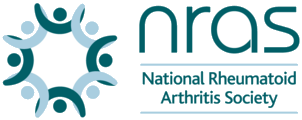 In July and August 2020, NRAS ran a survey asking about the impact of the Covid-19 lockdown on the working lives of people living with rheumatoid arthritis or another form of inflammatory arthritis.
In July and August 2020, NRAS ran a survey asking about the impact of the Covid-19 lockdown on the working lives of people living with rheumatoid arthritis or another form of inflammatory arthritis.
The survey received 348 responses and a short report will be published next month. The overall picture is a concerning one: people reported that their career opportunities, in-work support and the understanding they experienced from colleagues and employers dropped slightly during lockdown. Asked about their expectations for the future, many expected this trend to get worse.…
Read more of this article


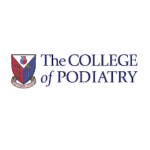
 by Anthony Maher. BSc Hons, MSc, FCPodS, Clinical Lead Consultant Podiatric Surgeon, Nottinghamshire Healthcare NHS Foundation Trust.
by Anthony Maher. BSc Hons, MSc, FCPodS, Clinical Lead Consultant Podiatric Surgeon, Nottinghamshire Healthcare NHS Foundation Trust.
 The Doctor Will Zoom You Now was a rapid, qualitative research study designed to understand the patient experience of remote and virtual consultations. The report makes recommendations for both patients and healthcare professionals for getting the most out of a remote healthcare experience.
The Doctor Will Zoom You Now was a rapid, qualitative research study designed to understand the patient experience of remote and virtual consultations. The report makes recommendations for both patients and healthcare professionals for getting the most out of a remote healthcare experience. A new study,
A new study, 
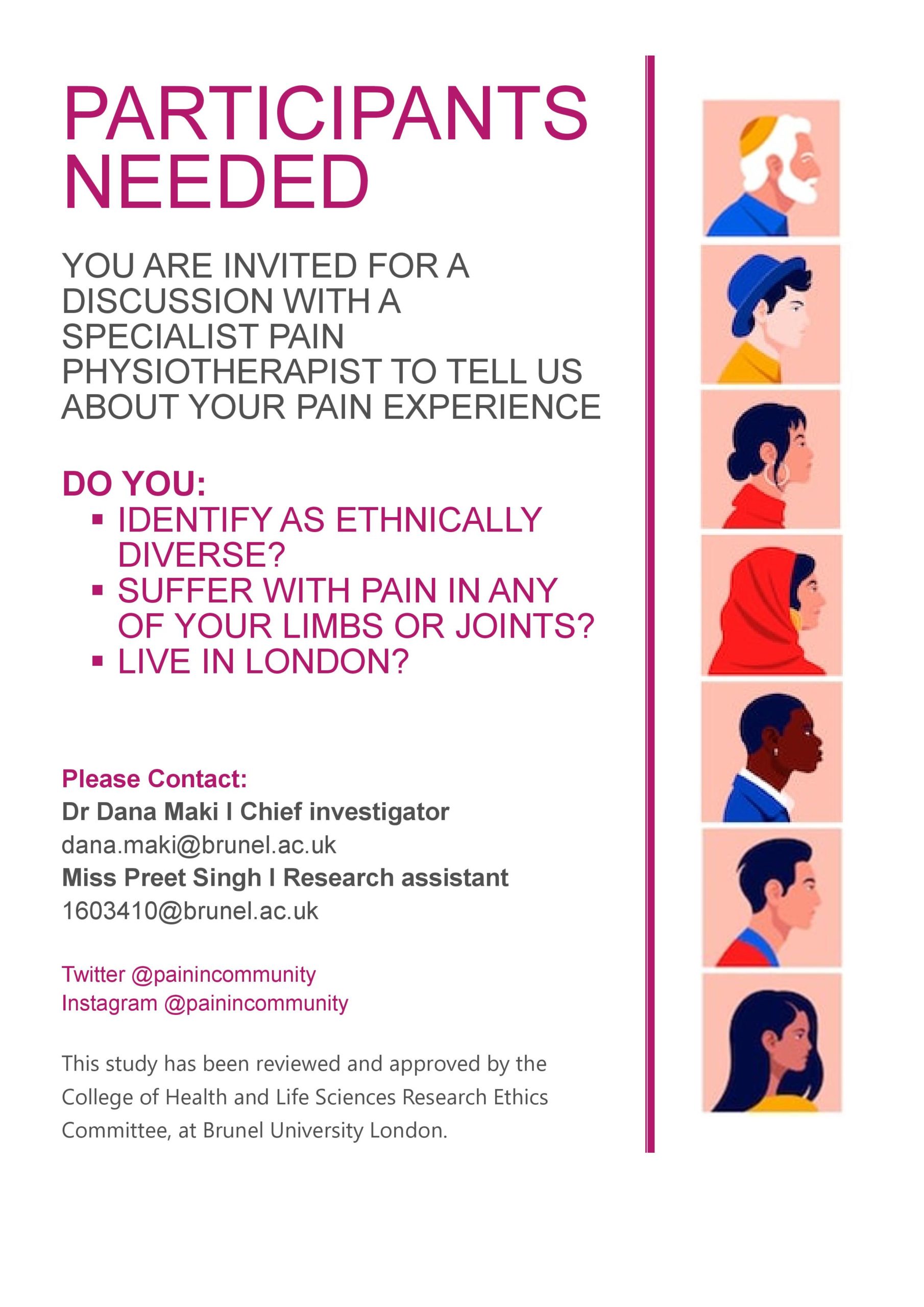
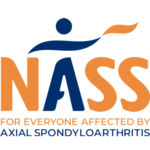
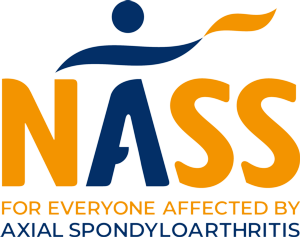 NASS would like to bring your attention to an important new clinical survey on the impact that COVID-19 is having on axial SpA (AS) services and care.
NASS would like to bring your attention to an important new clinical survey on the impact that COVID-19 is having on axial SpA (AS) services and care.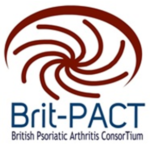
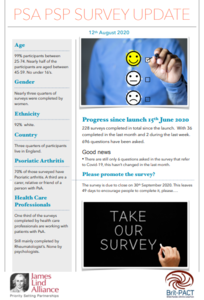
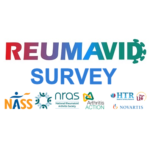
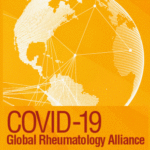
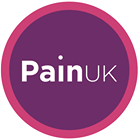 Pain UK would like to alert you to the work of the Covid-19 Global Rheumatology Alliance, an organisation established to “collect, analyze and disseminate information about COVID-19 and rheumatology to patients, physicians and other relevant groups to improve the care of patients with rheumatic disease.”
Pain UK would like to alert you to the work of the Covid-19 Global Rheumatology Alliance, an organisation established to “collect, analyze and disseminate information about COVID-19 and rheumatology to patients, physicians and other relevant groups to improve the care of patients with rheumatic disease.”
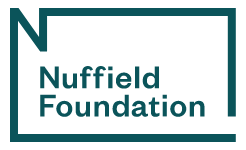 Research funding awarded by Nuffield Foundation’s Oliver Bird Fund
Research funding awarded by Nuffield Foundation’s Oliver Bird Fund